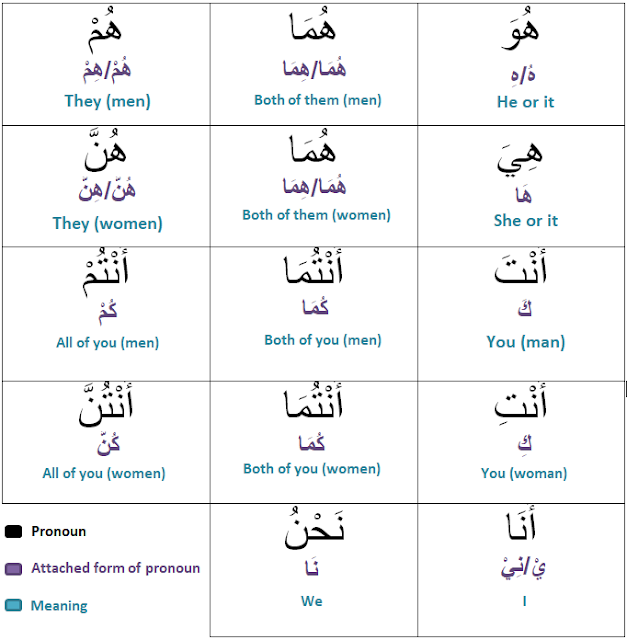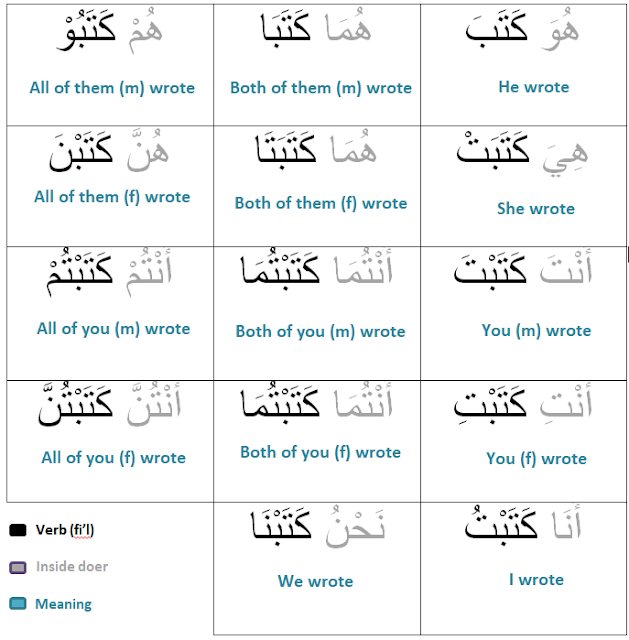Hadhiya (Blog post 14)
إِنَّ هَـٰذِهِ
أُمَّتُكُمْ أُمَّةً وَاحِدَةً وَأَنَا رَبُّكُمْ فَاعْبُدُونِ
“Indeed this, your nation is one nation and I am your
Master so enslave yourselves to Me.” Suratul Anbiya, 92
This ayah in Suratul Anbiya comes after Allah mentions
some of the nations that came before us one by one. And at the very end, Allah
says this about our ummah, as though He swt is praising us. As though being
part of this ummah is something we should take absolute pride in. And according
to this ayah part of the reason why we are so awesome is that we are ONE
nation. That we aren’t divided. And how can we be divided, when the Master we
worship and enslave ourselves to, is also ONE? Subhaanallah!
So if there is anything that is driving your heart away from
any of your fellow brothers and sisters, ask yourself. Have you truly enslaved
yourself to Allah? If you did, then the things you love and hate will change.
Your anger will subside just because you want to live by an ayah by maintain
ties with your brothers and sisters. Things you are holding onto because of
your pride will become irrelevant in front of the needs of your brothers and
sisters. Your hatred itself will become hateful to you, when you realize that
it’s the thing that’s tearing up YOUR ummah apart.
The next time you say iyyaaka na’budhu “We enslave
ourselves to You” to Allah in prayer, remember that it means much more than
yourself. Rather it’s about how
your whole ummah, is willingly enslaving themselves to Allah. So hold on tight to
that promise that you are making to Allah in every prayer, in the name of your
whole ummah In Sha Allah!
*******************************************************************
إِنَّ
هَـٰذِهِ أُمَّتُكُمْ
أُمَّةً وَاحِدَةً
وَأَنَا رَبُّكُمْ
فَاعْبُدُونِ
"ޝައްކެއްނެތް ގޮތުގައި
ތިޔަބައިމީހުންގެ މި އުއްމަތަކީ އެއްއުމަތެވެ. އަދި ތިމަންރަސްކަލާނގެއީ
ތިޔަބައިމީހުންގެ ވެރިރަސްކަލާނގެއެވެ. އެހެންކަމުން ތިމަންރަސްކަލާނގެއަށް
އަޅުވެތިވާށެވެ." ސޫރަތުލް އަންބިޔާ، 92
ސޫރަތުލް
އަންބިޔާގައި މިއާޔަތް އައިސްފައިވަނީ އަހަރުމެންނަށްވުރެ ކުރިން އައި އެތައް
އުއްމަތެއްގެ ވާހަކަ ދެއްކުމަށްފަހުގައެވެ. އެހުރިހާ ވާހަކައެއްގެ ފަހު
ވާހަކައެއްގެ ގޮތުން އަހަރުމެންގެ އުއްމަތުގެ ވާހަކަ ގެންނަވައި ﷲ ސުބުޙާނަހޫ
ވަތަޢާލާ މި އުއްމަތަށް ތަޢުރީފު ކުރައްވާ ފަދައެވެ. މި އުއްމަތުގެ މީހަކަށްވުމަކީ
އަހަރުމެން އިންތިހާއަށް ފަޚުރުވެރިވާންޖެހޭ ފަދަ ނިޢުމަތެއް ފަދައެވެ. އަދި މި
އާޔަތުގައި އޮތް ގޮތުން އަހަރުމެން އެހާ ފުރިހަމަ އުއްމަތަކަށްވަނީ ކީއްވެ
ހެއްޔެވެ؟ އެއީ އަހަރުމެންނަކީ އެއް އުއްމަތަކަށްވާތީވެއެވެ. އަހަރުމެން
ބައިބައިވެފައިނުވާ ކަމަށްޓަކައެވެ. އަހަރުމެން އެ ވެރިރަސްކަލާނގެއަކަށް
އަޅުވެތިވެ އަޅުކަން ކުރާ ރަސްކަލާނގެއަކީ ވެސް އެއް ރަސްކަލާނގެއަކަށްވީ ހިނދު
އަހަރުމެން ބައިބައިވާނީ ކިހިނަކުން ހެއްޔެވެ؟ ސުބްޙާނަ ﷲ!
އެހެންކަމުން
ތިބާގެ ހިތުގައި ތިބާގެ އެއްވެސް މުސްލިމް އަޚަކާއި ނުވަތަ އުޚްތަކާއި ދުރަށް
ތިބާގެ ހިތް ގެންދާ ސަބަބެއްވާނަމަ އަމިއްލަ ނަފްސާއި ސުވާލުކުރާށެވެ. ތިބާ ޙަޤީޤަތުގައި
ވެސް ﷲ އަށް އަޅުވެތިވެއްޖައިން ހެއްޔެވެ؟ އެހެންކަމަށްވާނަމަ ތިބާ ލޯބިވާ
ކަންތައްތަކާއި ނަފްރަތު ކުރާ ކަންތައްތަކަށް ވެސް ބަދަލެއް އަންނާނެއެވެ. ހަމައެކަނި
އާޔަތަކާއި އެއްގޮތަށް އުޅެ ތިބާގެ އަޚުންނާއި އުޚްތުންގެ މެދުގައި ގުޅުން
ދެމެހެއްޓުމަށްޓަކައި ތިބާގެ ރުޅި މައިތިރިވާނެއެވެ. ތިބާގެ ފަޚުރާއި
ޢިއްޒަތަށްޓަކައި ތިބާ ހިފަހައްޓައިގެން ހުންނަ ކަންތައް ތިބާގެ އަޚުންނާއި
އުޚްތުންގެ ޒަރޫރީ ބޭނުންތަކުގެ ކުރިމަތީގައި އެއްވެސް އެއްޗަކަށްނުވާނެއެވެ. ޚުދު
ތިބާގެ ހިތުތެރޭގައި ޙައްޤުނޫންގޮތެއްގައި އުފެދިފައިވި ނަފްރަތަށް ތިބާއަށް
ނަފްރަތު ކުރެވެން ފަށާނެއެވެ. އެއީ ތިބާގެ އުއްމަތް ބައިބައިކުރަނީ އެ
ނަފްރަތުކަން ތިބާއަށް އެނގުންވުމުންނެވެ.
ތިބާ ދެން
ފަހަރަކު ނަމާދަށް ތެދުވެ إِيَّاكَ نَعْبُدُ (އަހަރުމެން އަޅުވެތިވަނީ
ހަމައެކަނި ﷲ އަށެވެ.) ކިޔާއިރު ހަނދުމަކުރާށެވެ. އެއީ ހަމައެކަނި ތިބާއާއި ގުޅުން
ހުރި ބަސްތަކެއް ނޫނެވެ. އެހެނެއްކަމަކު އެ ބަސްތަކުން އަންގައިދެނީ ތިބާގެ މުޅި
އުއްމަތް އެކީގައި އެދިގެން އަޅުވެތިވަނީ ހަމައެކަނި ﷲ އަށްކަމެވެ. ތިބާ މުޅި
އުއްމަތުގެ ނަމުގައި ކޮންމެ ނަމާދެއްގައި ﷲ އަށް އެވާ ވަޢުދުގައި ގަދައަށް
ހިފަހައްޓާށެވެ! (އިން ޝާ ﷲ)


Comments
Post a Comment